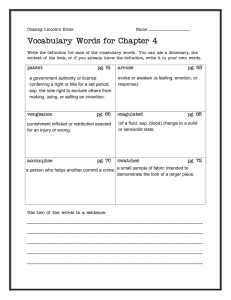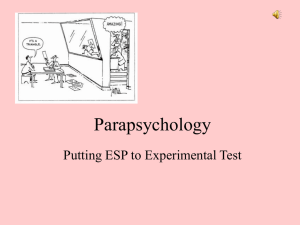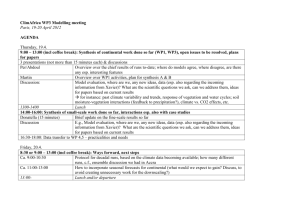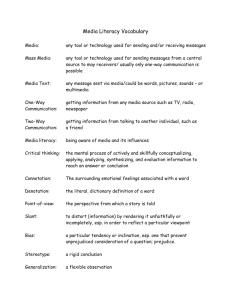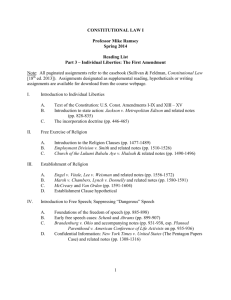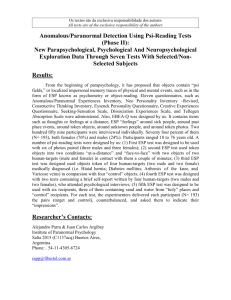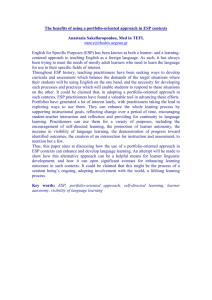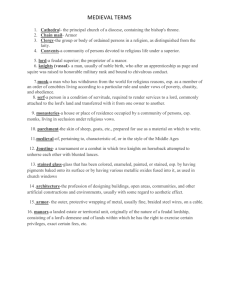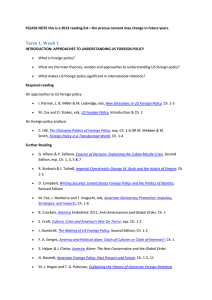Problems with Believing in Extrasensory Perception
advertisement
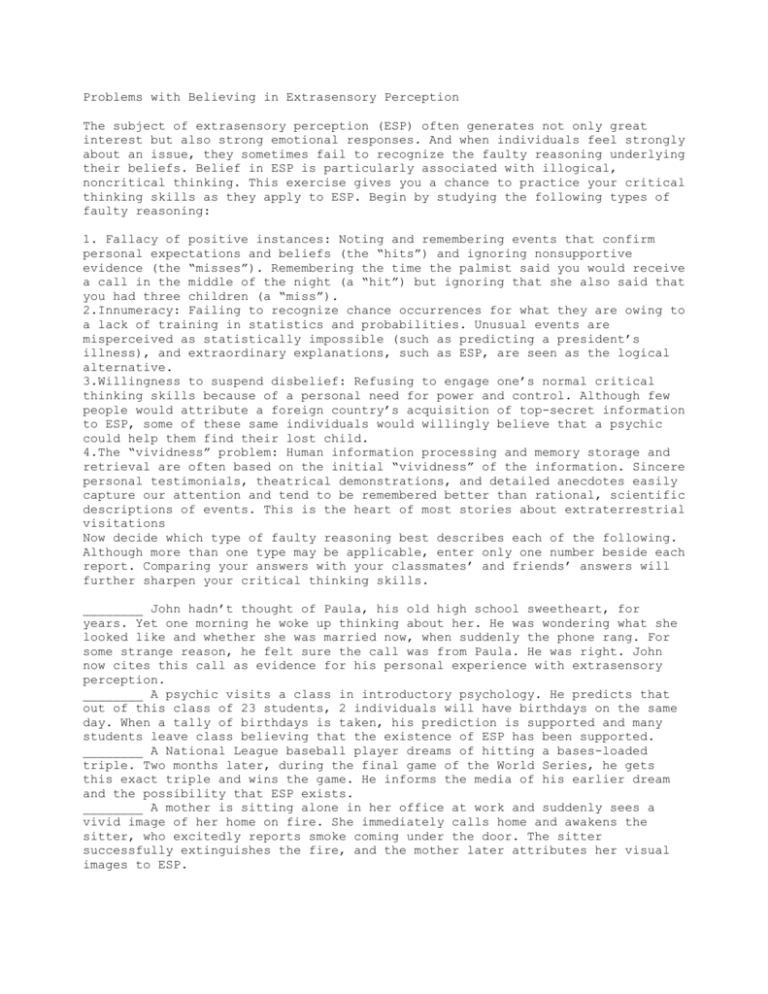
Problems with Believing in Extrasensory Perception The subject of extrasensory perception (ESP) often generates not only great interest but also strong emotional responses. And when individuals feel strongly about an issue, they sometimes fail to recognize the faulty reasoning underlying their beliefs. Belief in ESP is particularly associated with illogical, noncritical thinking. This exercise gives you a chance to practice your critical thinking skills as they apply to ESP. Begin by studying the following types of faulty reasoning: 1. Fallacy of positive instances: Noting and remembering events that confirm personal expectations and beliefs (the “hits”) and ignoring nonsupportive evidence (the “misses”). Remembering the time the palmist said you would receive a call in the middle of the night (a “hit”) but ignoring that she also said that you had three children (a “miss”). 2.Innumeracy: Failing to recognize chance occurrences for what they are owing to a lack of training in statistics and probabilities. Unusual events are misperceived as statistically impossible (such as predicting a president’s illness), and extraordinary explanations, such as ESP, are seen as the logical alternative. 3.Willingness to suspend disbelief: Refusing to engage one’s normal critical thinking skills because of a personal need for power and control. Although few people would attribute a foreign country’s acquisition of top-secret information to ESP, some of these same individuals would willingly believe that a psychic could help them find their lost child. 4.The “vividness” problem: Human information processing and memory storage and retrieval are often based on the initial “vividness” of the information. Sincere personal testimonials, theatrical demonstrations, and detailed anecdotes easily capture our attention and tend to be remembered better than rational, scientific descriptions of events. This is the heart of most stories about extraterrestrial visitations Now decide which type of faulty reasoning best describes each of the following. Although more than one type may be applicable, enter only one number beside each report. Comparing your answers with your classmates’ and friends’ answers will further sharpen your critical thinking skills. ________ John hadn’t thought of Paula, his old high school sweetheart, for years. Yet one morning he woke up thinking about her. He was wondering what she looked like and whether she was married now, when suddenly the phone rang. For some strange reason, he felt sure the call was from Paula. He was right. John now cites this call as evidence for his personal experience with extrasensory perception. ________ A psychic visits a class in introductory psychology. He predicts that out of this class of 23 students, 2 individuals will have birthdays on the same day. When a tally of birthdays is taken, his prediction is supported and many students leave class believing that the existence of ESP has been supported. ________ A National League baseball player dreams of hitting a bases-loaded triple. Two months later, during the final game of the World Series, he gets this exact triple and wins the game. He informs the media of his earlier dream and the possibility that ESP exists. ________ A mother is sitting alone in her office at work and suddenly sees a vivid image of her home on fire. She immediately calls home and awakens the sitter, who excitedly reports smoke coming under the door. The sitter successfully extinguishes the fire, and the mother later attributes her visual images to ESP.
